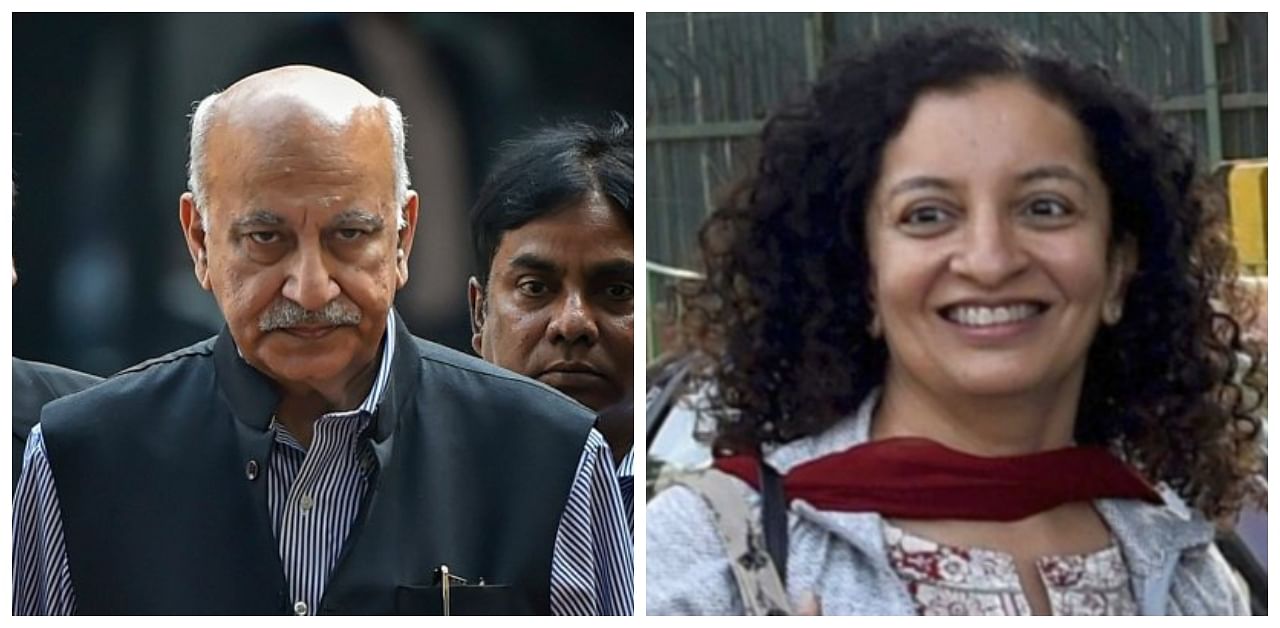
In what is being considered as a victory for the #MeToo movement in India, a Delhi court acquitted journalist Priya Ramani in the criminal defamation case filed against her by former Union Minister M J Akbar.
Ramani had published an article in Vogue Magazine alleging that the former minister had sexually harassed her when she was called to a hotel in Mumbai for a job interview in 1993.
Social media celebrated Ramani’s acquittal and the journalist said that she felt vindicated on behalf of all the women who have ever spoken out against sexual harassment at workplace.
This judgment by Additional Chief Metropolitan Ravindra Kumar Pandey sets key precedents for sexual harassment litigation in the country. Let us take a look at the main points from the judgment.
1. The woman has a right to put her grievance at any platform of her choice and even after decades.
2. The court takes consideration of the systematic abuse at the workplace due to lack of the mechanism to redress the grievance of sexual harassment at the time of the incident of sexual harassment against the accused Priya Ramani and witness Ghazala Wahab prior to the issuance of Vishaka Guidelines by Hon'ble Supreme Court of India and enactment of The Sexual Harassment of women at workplace (Prevention, Prohibition and Redressal) Act, 2013, or their option to not lodge the complaint of sexual harassment due to the social stigma attached with the sexual harassment of women.
3. It cannot be ignored that most of the time, the offence of sexual harassment and sexual abuse is committed behind the close doors or privately. Sometimes the victim herself does not understand what is happening to them or what is happening to them is wrong.
4. The time has come for our society to understand the sexual abuse and sexual harassment and its implications on victims. The society should understand that an abusive person is just like the rest of the other persons and he too has family and friends. He can also be a well-respected person in society.
5. The victims of the sexual abuse do not even speak a word about abuse for many years because sometimes she herself has no idea that she is a victim of abuse. The victim may keep believing that she is at fault and the victim may live with that shame for years or for decades.
6. The attack on the character of sex abuser or offender by a sex abuse victim is the reaction of self-defence after the mental trauma suffered by the victim regarding the shame attached with the crime committed against her. The woman cannot be punished for raising voice against the sex abuse on the pretext of criminal complaint of defamation as the right of reputation cannot be protected at the cost of the right of life and dignity of woman as guaranteed in Indian Constitution under article 21 and right of equality before the law and equal protection of the law as guaranteed under article 14 of the Constitution.